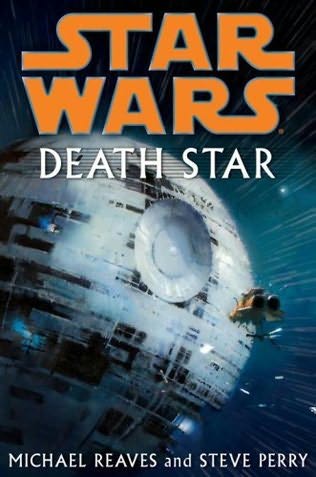 Almost through Charles Stross’ “Accelerando,” a fantastic singularity sci-fi novel. I’m really enjoying this book, to the point where I’ll likely start writing a slew of half-baked posts about the singularity. I guess I’ll hold back until I’m done. If you want to read along at home, which is totally in your interest, since the book is so good, find the entire thing here for free. (Open your heart to the free e-books, people.)
Almost through Charles Stross’ “Accelerando,” a fantastic singularity sci-fi novel. I’m really enjoying this book, to the point where I’ll likely start writing a slew of half-baked posts about the singularity. I guess I’ll hold back until I’m done. If you want to read along at home, which is totally in your interest, since the book is so good, find the entire thing here for free. (Open your heart to the free e-books, people.)
On Mr. Stross’s blog this week, he’s got some incredible material on the current thinking into the Fermi Paradox (i.e. we’re intelligent, and that means intelligence is possible, so how come can’t we observe evidence of alien intelligences?). Here’s one of the ideas he brings up:
But the Great Filter argument isn’t the only answer to the Fermi Paradox. More recently, Milan M. Ćirković has written a paper, Against the Empire, in which he criticizes the empire-state model of posthuman civilization that is implicit in many Fermi Paradox treatments. As he points out, for a civilization to be visible at interstellar distances it needs to be expanding and utilizing resources in certain ways. There is a widespread implicit belief among people who look at the topic [] in manifest destiny, expansion to fill all possible evolutionary niches, and the inevitability of any species that develops the technology to explore deep space using that technology to colonize it. As Ćirković points out, this model is based on a naive extrapolation of historical human models which may be utterly inapplicable to posthuman or postbiological societies.
In other words, the answer to Fermi is we don’t see evidence of other intelligences because advanced minds aren’t raw-material consumers like us primitives. When we project an idea of an advanced civilization, we make it look just like us but on space steroids. If getting advanced means using resources differently, which seems likely enough, all these projections based on human evolutionary history up to now may not be quite accurate.

 Believe me when I tell you to
Believe me when I tell you to  For my birthday, I received the big hardcover collection of Cordwainer Smith stories, The Rediscovery of Man from my siblings. (And also a board game about the Cold War.) I don’t know all that much about Mr. Smith, a sci-fi author from the 50s who seems to have written idiosyncratic far-future histories. Also he was, when not working under pen name, a well-regarded academic and the foremost expert on psychological warfare. I read an appreciation of his work some time back, googled around a bit, and found
For my birthday, I received the big hardcover collection of Cordwainer Smith stories, The Rediscovery of Man from my siblings. (And also a board game about the Cold War.) I don’t know all that much about Mr. Smith, a sci-fi author from the 50s who seems to have written idiosyncratic far-future histories. Also he was, when not working under pen name, a well-regarded academic and the foremost expert on psychological warfare. I read an appreciation of his work some time back, googled around a bit, and found 
 I can’t believe
I can’t believe 
 d like to see a good example of a negative imitation-review, if one even exists. Maybe it has to be done more or less respectfully; otherwise it just seems like you’re reading something you hate out loud in a sneering, sarcastic voice.)
d like to see a good example of a negative imitation-review, if one even exists. Maybe it has to be done more or less respectfully; otherwise it just seems like you’re reading something you hate out loud in a sneering, sarcastic voice.)